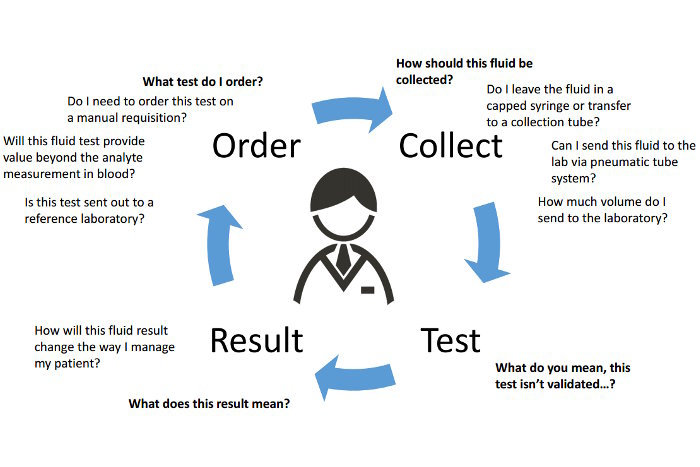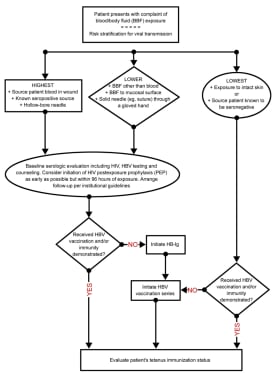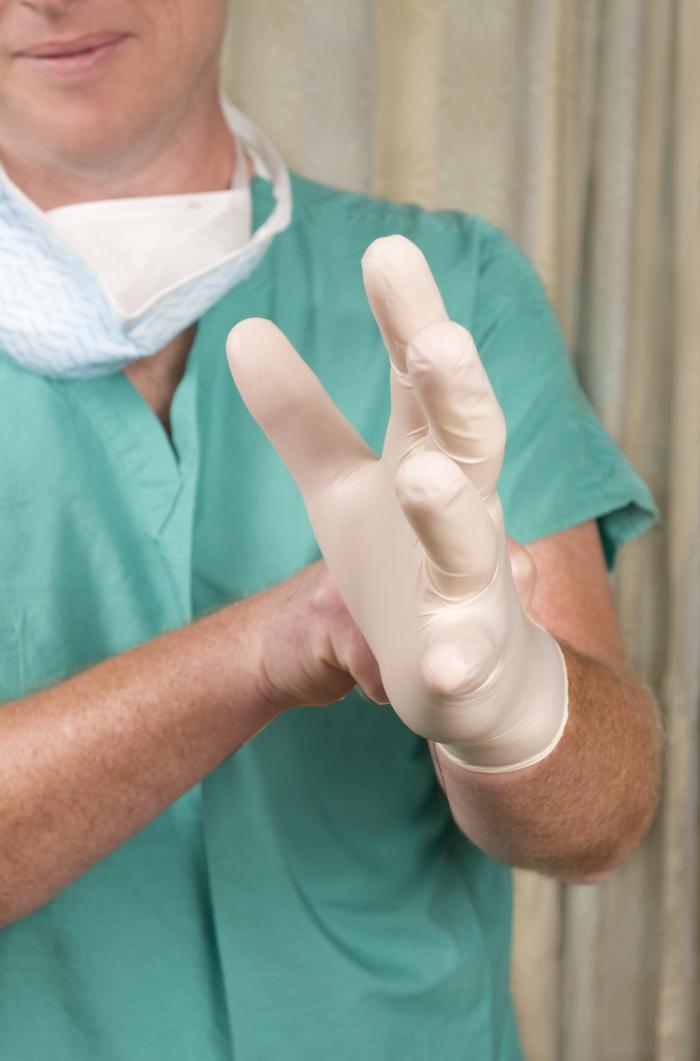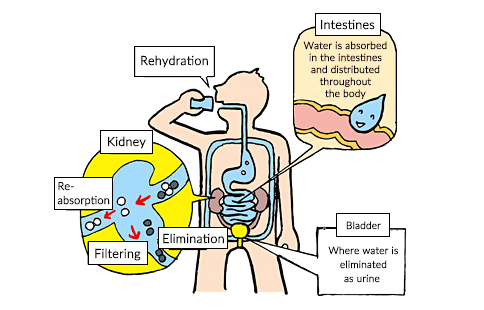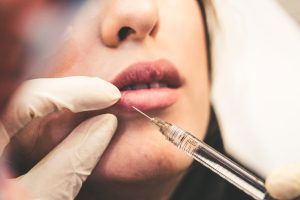Unique Tips About How To Handle Body Fluids
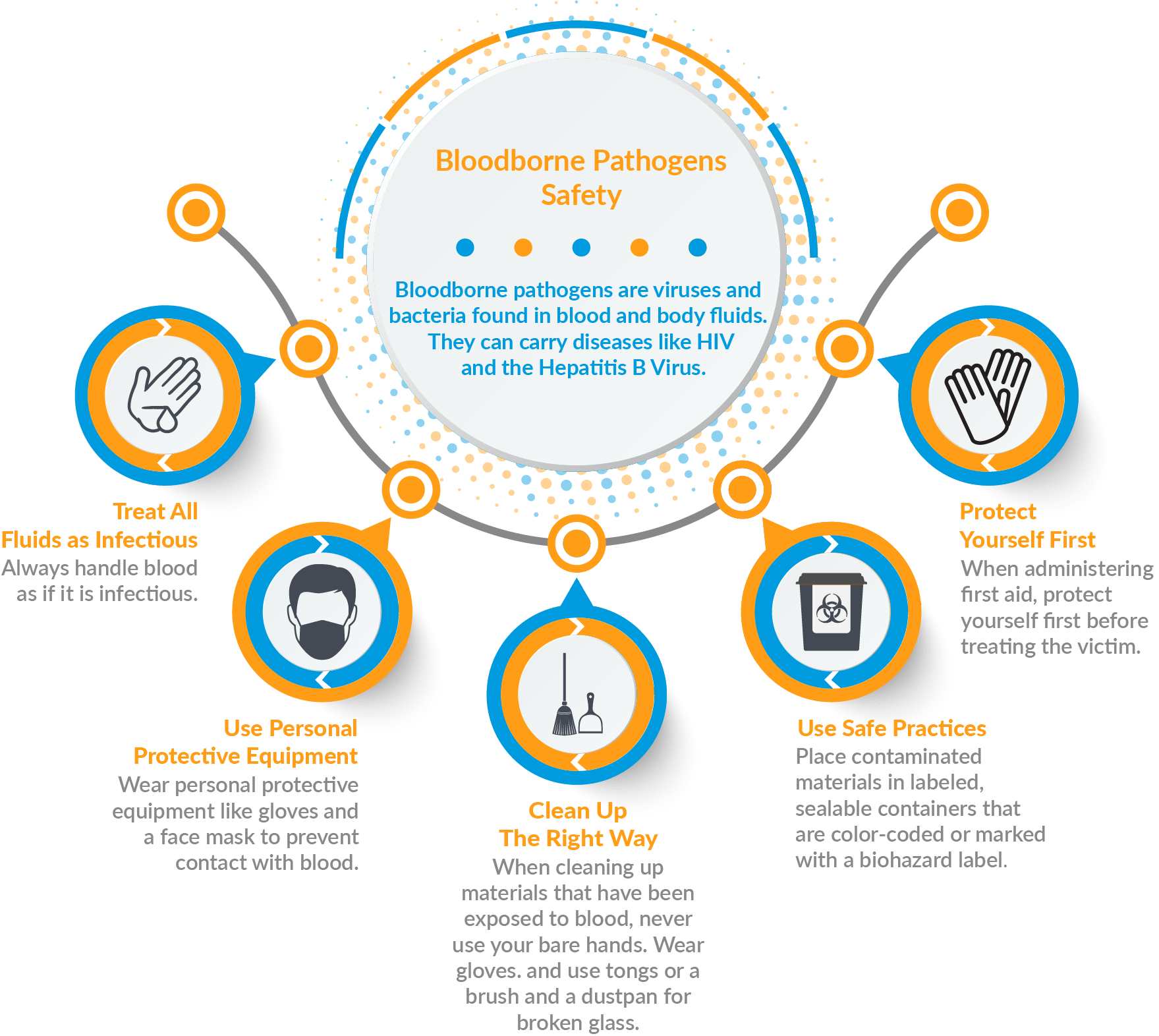
Cleaning blood or body fluids (urine, feces, vomit and blood) avoid direct contact with body fluids, as they all have the potential to spread germs.
How to handle body fluids. Other people should avoid contact with your body fluids when they can. Spillages must be treated immediately by staff trained to. Blood and body fluids and universal precautions have become part of the everyday vocabulary in health care.
Body fluids put a mattress pad or plastic sheet under your bed linens to protect your bed from bladder or bowel control accidents. Wash your hands with soap and water. If you do not have a washer, place.
Whenever possible, direct contact with body wastes and fluids should be avoided. Though medical treatments may be necessary depending on the cause, several simple dietary and lifestyle changes may help reduce water retention and promote fluid. You or your caregiver should wear gloves when emptying the.
Wear protective gloves when disposing of body fluids gloves are a must have for all persons that handle blood and body fluids. Hands should be washed when gloves are removed. Caregivers must also put on gloves.
Clothing, sheets and towels that have been soiled with body fluids should be handled with gloves. If gloves, plastic sheeting or other plastic material is not available, you can use big, thick (liquid. Empty the container directly into the toilet.
• if you are using the bedpan or urinal: Handling body fluids • men should sit down on the toilet when peeing to prevent splashing. Safe management of blood and body fluid spillages spillages of blood and other body fluids may transmit blood borne viruses.
